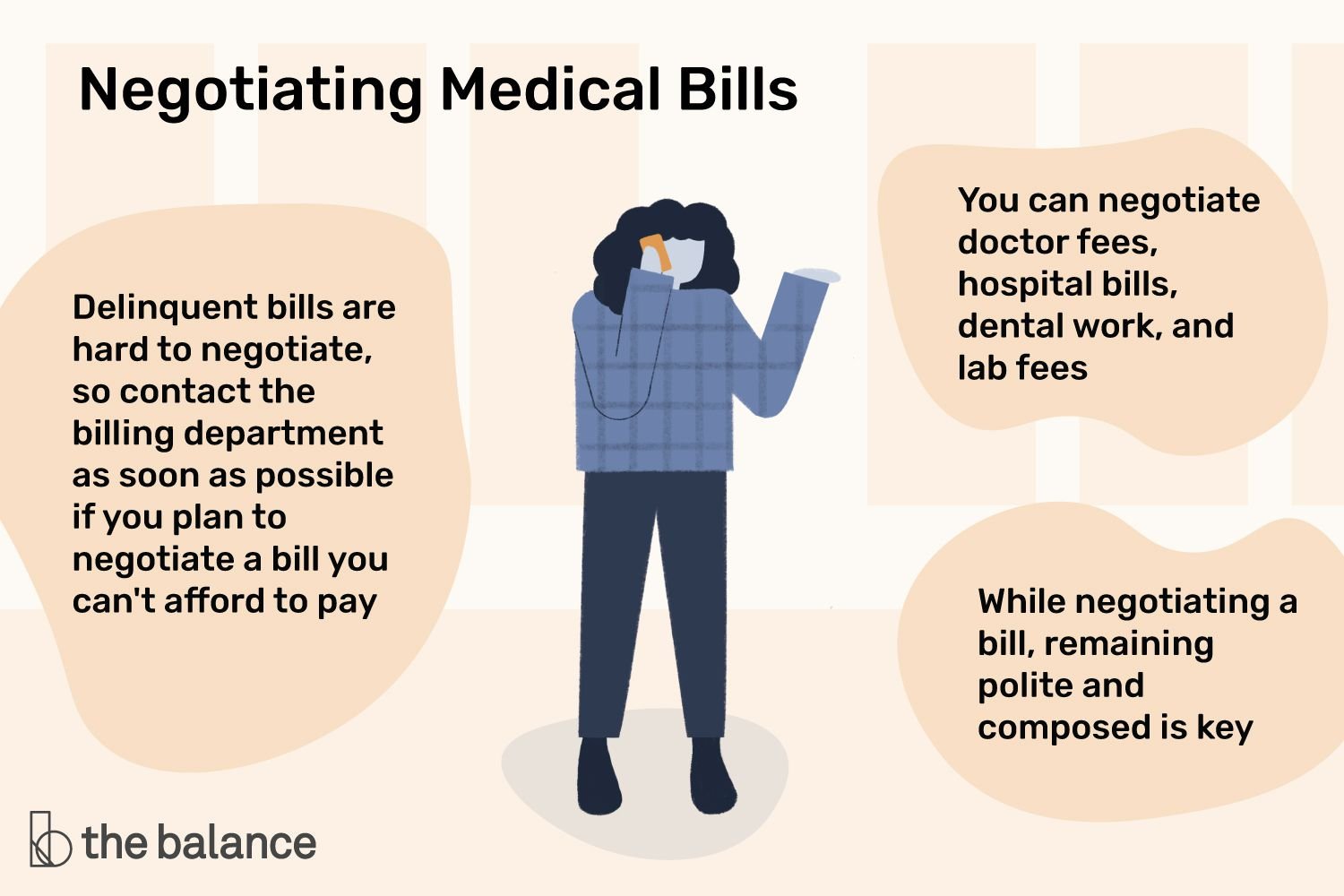Curious about consumer credit reports? You’ve come to the right place! Understanding your credit report is essential when it comes to managing your finances and making informed decisions. In this guide to understanding consumer credit reports, we’ll break down the complexities and demystify the terminology so you can navigate this important aspect of your financial life with confidence. Whether you’re applying for a loan, renting an apartment, or simply curious about your creditworthiness, this guide has got you covered. So, let’s dive in and unravel the secrets of consumer credit reports!
Guide to Understanding Consumer Credit Reports
Introduction
Understanding your consumer credit report is essential for managing your finances effectively. Your credit report provides a comprehensive snapshot of your financial health and plays a crucial role in determining your creditworthiness. This guide will walk you through the basics of consumer credit reports, explaining what they are, how they are used, and how you can interpret the information they contain. By familiarizing yourself with your credit report, you can make informed decisions to improve your credit score and financial standing.
What is a Consumer Credit Report?
A consumer credit report is a detailed document that summarizes your credit history and financial behavior. It is compiled by credit reporting agencies, also known as credit bureaus, such as Equifax, Experian, and TransUnion. These agencies collect information from various sources, including financial institutions, lenders, and public records, to create a comprehensive report about your creditworthiness.
Key Components of a Consumer Credit Report
When you access your consumer credit report, you will find several key components that provide valuable insights into your credit standing:
- Personal Information: This section includes your name, address, social security number, date of birth, and employment information. It is important to review this section regularly to ensure the accuracy of your personal details.
- Account Information: This section lists all your credit accounts, such as credit cards, loans, and mortgages. It includes details like the creditor’s name, account number, type of account, credit limit, loan amount, payment history, and current balance.
- Public Records: Any bankruptcies, tax liens, or judgments against you will be included in this section. Negative public records can significantly impact your credit score.
- Inquiries: This section displays a list of entities that have accessed your credit report. There are two types of inquiries: hard inquiries, which occur when you apply for credit, and soft inquiries, which are generated when your credit report is reviewed for non-credit purposes, such as pre-approved offers.
- Credit Score: Though not technically a part of your credit report, your credit score is often included with the report. It is a numerical representation of your creditworthiness and serves as a quick reference for lenders.
Why is your Consumer Credit Report important?
Your consumer credit report plays a crucial role in various aspects of your financial life:
- Loan approvals: Lenders use credit reports to assess your creditworthiness and determine whether to approve your loan applications. A good credit report can increase your chances of getting approved for loans and credit cards with favorable terms.
- Interest rates: Your credit report influences the interest rates you receive on loans and credit cards. A positive credit history can help you secure lower interest rates, saving you money in the long run.
- Employment opportunities: Some employers review credit reports as part of their hiring process, especially for roles that involve financial responsibility. A good credit report can enhance your chances of securing certain job opportunities.
- Rental applications: Landlords may request credit reports to evaluate prospective tenants. A favorable credit report can increase your chances of securing a desirable rental property.
How to Obtain Your Consumer Credit Report
Free Annual Credit Reports
Under the Fair Credit Reporting Act (FCRA), you are entitled to receive a free copy of your credit report from each of the major credit bureaus once every 12 months. To obtain your free annual credit reports, you can:
- Visit AnnualCreditReport.com, the official website authorized by the three major credit bureaus.
- Complete the online request form, providing your personal information, including name, address, social security number, and date of birth.
- Select the credit bureaus from which you wish to receive the reports.
- Answer security questions to verify your identity.
- Review and save your credit reports for future reference.
Additional Ways to Access Your Credit Report
Apart from the free annual credit reports, you can access your credit report in the following ways:
- Credit Monitoring Services: Many credit monitoring services offer access to your credit report and score, along with additional features such as credit alerts and identity theft protection. These services often come with a monthly or annual fee.
- Financial Institutions: Some banks and credit card issuers provide access to free credit reports as part of their customer benefits. Check with your financial institution to see if this service is available to you.
- Third-Party Websites: Several websites offer free or low-cost credit reports. However, exercise caution and ensure that the website is reputable and secure before providing sensitive information.
Interpreting Your Consumer Credit Report
Understanding the information presented in your credit report is essential to evaluate your creditworthiness accurately. Here are some key factors to consider when interpreting your consumer credit report:
Reviewing Personal Information
Start by reviewing the personal information section of your credit report. Ensure that all the information is accurate and up to date. Any discrepancies could result in mix-ups or potential identity theft issues.
Assessing Account Information
Pay close attention to the account information section. Here’s what to look for:
- Review each account for accuracy, ensuring that the creditor’s name, account number, and other details match your records.
- Check your credit limits and account balances to ensure they align with your statements.
- Examine the payment history to identify any late payments or missed payments. Timely payments contribute positively to your credit score.
- Look out for any accounts that you do not recognize, as they could be a sign of fraudulent activity.
Understanding Public Records
Public records, such as bankruptcies and tax liens, can significantly impact your credit score. Review this section carefully, ensuring all records are accurate and up to date. If you discover any errors, you can dispute them with the credit reporting agencies to have them corrected.
Monitoring Inquiries
Keep an eye on the inquiries section of your credit report. Excessive hard inquiries within a short period can negatively impact your credit score. If you notice inquiries from companies you haven’t authorized to access your credit report, it could indicate potential fraud or identity theft.
Understanding Your Credit Score
Your credit score provides a quick snapshot of your creditworthiness. While different credit bureaus may use slightly different scoring models, the FICO score is widely used and ranges from 300 to 850. Here’s a breakdown of credit score ranges:
- Excellent: 750 and above
- Good: 700-749
- Fair: 650-699
- Poor: 600-649
- Very Poor: Below 600
The higher your credit score, the more likely you are to be approved for credit and receive favorable interest rates.
Improving Your Consumer Credit Report
If your consumer credit report reveals areas for improvement, don’t worry. There are steps you can take to enhance your creditworthiness over time:
Make Timely Payments
Paying your bills on time is one of the most crucial factors in maintaining a good credit report. Set up payment reminders or consider automatic payments to ensure you never miss a due date.
Reduce Credit Card Balances
High credit card balances can negatively impact your credit utilization ratio, which is the amount of available credit you are currently using. Aim to keep your credit card balances below 30% of your credit limit to demonstrate responsible credit management.
Limit New Credit Applications
Frequent credit applications can raise concerns among lenders. Only apply for credit when necessary and avoid multiple applications within a short period.
Monitor Your Credit Report Regularly
Regularly review your credit report for inaccuracies or signs of fraudulent activity. If you notice any errors, contact the credit bureaus immediately to have them corrected.
Establish a Credit History
If you’re new to credit, consider opening a secured credit card or becoming an authorized user on someone else’s credit card to build a positive credit history.
Understanding your consumer credit report is crucial for managing your financial health effectively. By familiarizing yourself with the components of your credit report and regularly monitoring it, you can identify any errors, detect potential fraud, and take steps to improve your creditworthiness. Remember, a healthy credit report opens doors to better loan terms, lower interest rates, and increased financial opportunities. Take control of your credit by mastering the art of understanding consumer credit reports.
A Quick Guide to Your Equifax Credit Report and Equifax Credit Score
Frequently Asked Questions
Frequently Asked Questions (FAQs)
What is a consumer credit report?
A consumer credit report is a detailed record of an individual’s credit history and activities, including their borrowing and repayment behaviors. It contains information about loans, credit cards, payment history, outstanding debts, and public records such as bankruptcies or tax liens.
Why is understanding consumer credit reports important?
Understanding consumer credit reports is important because it allows individuals to monitor their creditworthiness, detect errors or fraudulent activity, and make informed financial decisions. It helps lenders assess the creditworthiness of borrowers when considering applications for loans, credit cards, or other forms of credit.
How can I obtain a copy of my consumer credit report?
To obtain a copy of your consumer credit report, you can request it from one of the major credit reporting agencies, such as Equifax, Experian, or TransUnion. By law, you are entitled to a free copy of your report annually from each agency through AnnualCreditReport.com.
What information is included in a consumer credit report?
A consumer credit report typically includes personal information (name, address, social security number), account information (credit cards, loans, mortgages), payment history, public records (bankruptcies, tax liens), credit inquiries, and any collection or delinquency activity.
How often should I check my consumer credit report?
It is recommended to check your consumer credit report at least once a year to review the accuracy of the information and identify any discrepancies. You may also want to check it before applying for a major loan or credit card to ensure your creditworthiness.
What should I do if I find errors on my consumer credit report?
If you find errors on your consumer credit report, you should contact the credit reporting agency in writing, providing detailed information about the inaccuracies. The agency is required to investigate the disputed items within 30 days and correct any errors if necessary. It is also advisable to inform the creditor or lender associated with the inaccurate information.
How long does information stay on a consumer credit report?
Different types of information have different retention periods on a consumer credit report. Generally, positive information such as timely payments and accounts in good standing can remain on the report for up to 10 years. Negative information like late payments, foreclosures, or bankruptcies can typically stay on the report for seven to ten years.
Can someone else access my consumer credit report?
Access to your consumer credit report is restricted to authorized parties, including lenders, employers, landlords, and in some cases, insurance companies. To obtain your report, these parties typically require your consent and a legitimate reason for accessing the information. Unauthorized access to consumer credit reports is illegal and can be subject to penalties.
Final Thoughts
Understanding consumer credit reports is essential for anyone looking to improve their financial health. By obtaining a copy of your credit report, you can gain valuable insights into your credit history and identify areas that need improvement. Analyzing the different sections of the report, such as personal information, account details, and payment history, allows you to assess your creditworthiness accurately. Additionally, reviewing your credit report regularly enables you to detect any errors or fraudulent activity that may be negatively impacting your credit score. Armed with this knowledge, you can take proactive steps to manage your credit responsibly and make informed financial decisions. So, whether you’re applying for a loan, renting an apartment, or simply want to maintain good credit, this guide to understanding consumer credit reports is an invaluable resource.


